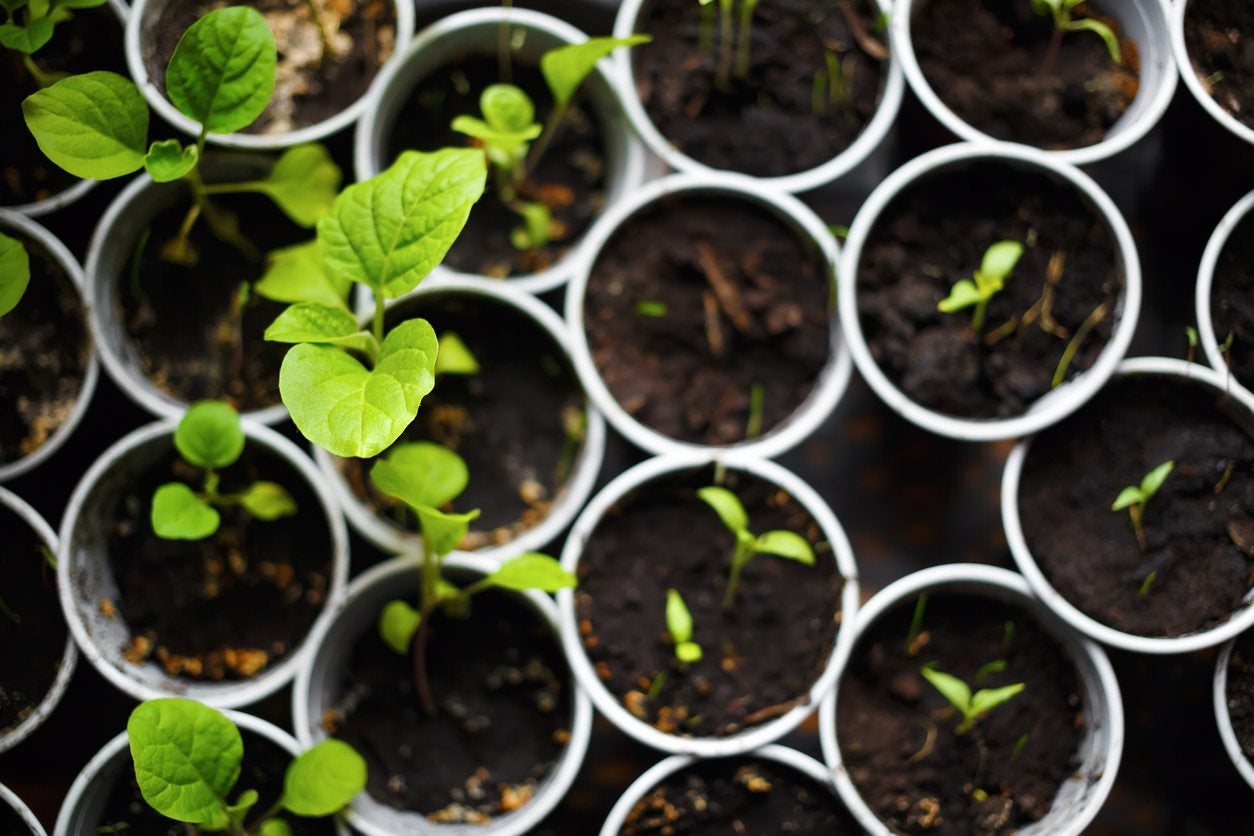Zone 9 Seed Starting: When To Start Seeds In Zone 9 Gardens


The growing season is long and temperatures tend to be mild in zone 9. Hard freezes are uncommon and planting seeds is a breeze. However, in spite of all the benefits associated with mild-climate gardening, selecting an optimal schedule for starting seeds in warm climates will ensure the best possible outcome. Read on to learn more about starting seeds in zone 9.
Seed Starting Guide for Zone 9
The last frost date for zone 9 is generally in early February. While USDA growing zones and estimated frost dates are helpful for gardeners, they are merely guidelines based on averages. Gardeners know that when it comes to weather, there are no guarantees. With that in mind, here are a few tips on zone 9 seed planting and when to start seeds in zone 9: The best source of information on seed starting is on the back of the seed packet. Make note of the suggested germination times, then create your own schedule by counting backwards from the first average start date in early February. While the information tends to be general, it can still help you determine when to start seeds in zone 9. Remember that gardening is not an exact science, with many questions and no perfect answers. Many plants perform best when planted directly in the garden such as:
Others such as tomatoes, peppers, and many perennials do best with a head start in a warm, well-lit environment. Some seed packets will provide helpful tips; otherwise, it’s up to you to figure it out. Once you’ve counted backwards from the last expected frost date, you may need to tweak the schedule a bit. For example, if you’re starting seeds indoors in a cool room, consider getting started several days earlier. If the room is warm or you’re growing in a greenhouse, hold off a week or two to prevent plants from becoming too big, too fast. Planting seeds is always an adventure, regardless of the weather. However, starting seeds in warm climates presents possibilities that gardeners in more northern climates would envy. Take your best shot, be willing to experiment, and chances are good that you’ll be delighted with the results.
Sign up for the Gardening Know How newsletter today and receive a free copy of our e-book "How to Grow Delicious Tomatoes".

A Credentialed Garden Writer, Mary H. Dyer was with Gardening Know How in the very beginning, publishing articles as early as 2007.